Maclaurin Series Fundamentals: Efficient Approximations for Common Functions
The Maclaurin series is a specific type of Taylor series centered at zero, expanding a function as a sum of terms based on its derivatives at this point. This series offers polynomial approximations that are particularly useful for functions like exponentials, trigonometric, and logarithmic functions near zero, simplifying calculations in fields like physics and engineering.
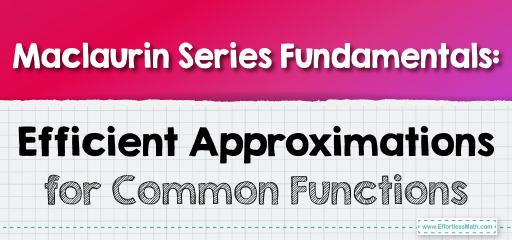
The Maclaurin series is a specific Taylor series that expands a function around \( x = 0 \). It expresses functions as infinite polynomials using derivatives evaluated at zero, which is especially useful for approximating functions near zero. The general form of a Maclaurin series for a function \( f(x) \) is:
\( [
f(x) = f(0) + f'(0)x + \frac{f”(0)}{2!}x^2 + \frac{f”'(0)}{3!}x^3 + \ldots
] \)
Each term’s coefficient involves a higher derivative of \( f(x) \) at \( x = 0 \), divided by the factorial of the term’s order. Common examples include \( e^x \), \( \sin(x) \), and \( \cos(x) \), which have useful Maclaurin series expansions:
- For \( e^x \): \( 1 + x + \frac{x^2}{2!} + \frac{x^3}{3!} + \ldots \)
- For \( \sin(x) ): ( x – \frac{x^3}{3!} + \frac{x^5}{5!} – \ldots \)
- For \( \cos(x) ): ( 1 – \frac{x^2}{2!} + \frac{x^4}{4!} – \ldots \)
These expansions are widely used in physics, engineering, and computational science for simplifying complex function evaluations near zero.
Related to This Article
More math articles
- 4th Grade MCAP Math Worksheets: FREE & Printable
- How to Find Discount, Tax, and Tip? (+FREE Worksheet!)
- 4th Grade NSCAS Math Worksheets: FREE & Printable
- How to Solve Word Problems on Dividing Whole Numbers by Unit Fractions
- How is the FTCE General Knowledge Test Scored?
- Deciphering Chance: A Comprehensive Guide to Mutually Exclusive Events in Probability
- GED Math Test-Taking Strategies
- How to Find the Number of Solutions in a System of Equations?
- How to Solve an Absolute Value Inequality?
- All You Need To Know About Parametric Equations And How To Differentiate Them
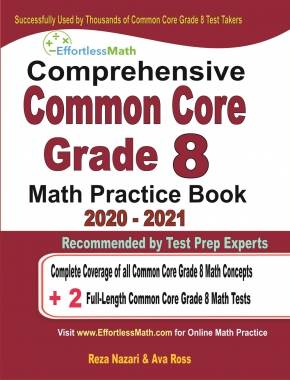
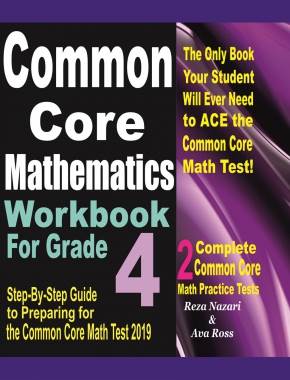
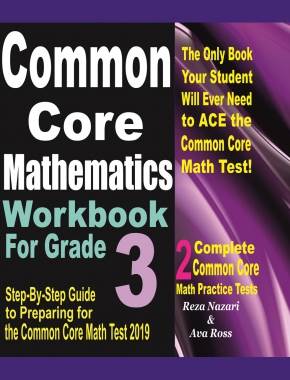
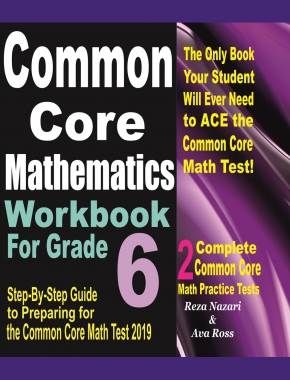
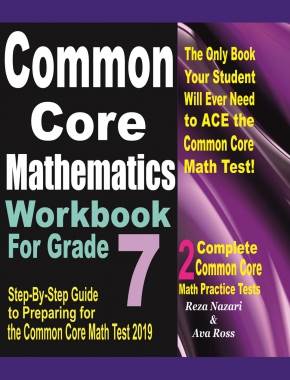
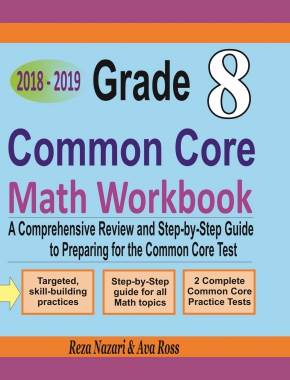
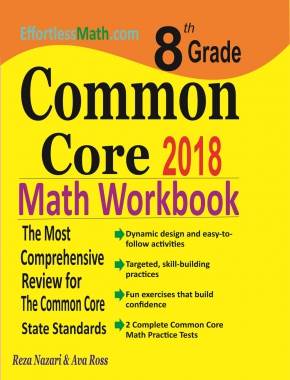
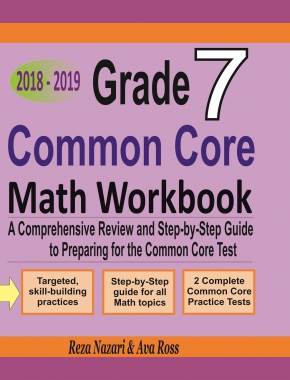
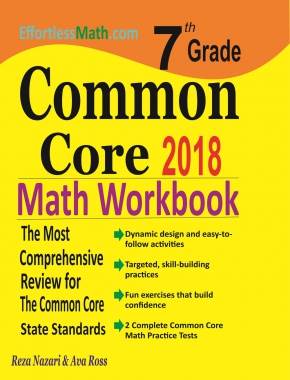
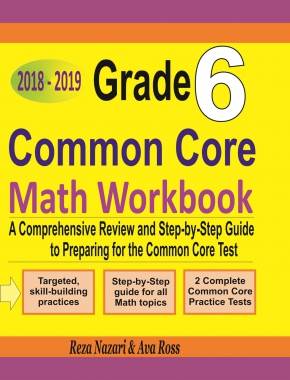
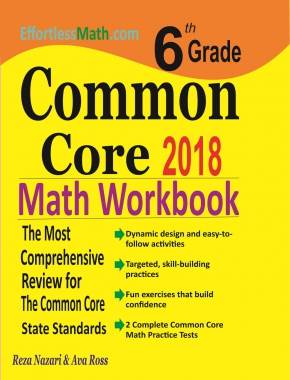
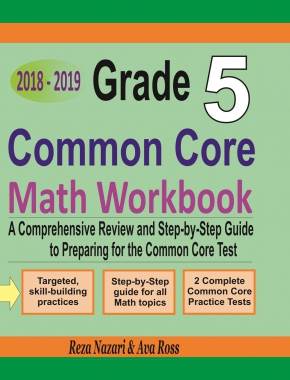
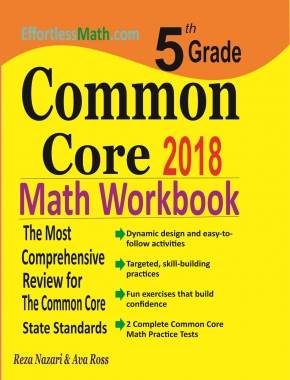
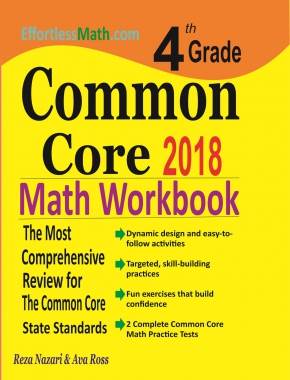
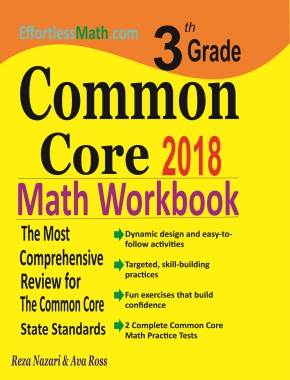











What people say about "Maclaurin Series Fundamentals: Efficient Approximations for Common Functions - Effortless Math: We Help Students Learn to LOVE Mathematics"?
No one replied yet.